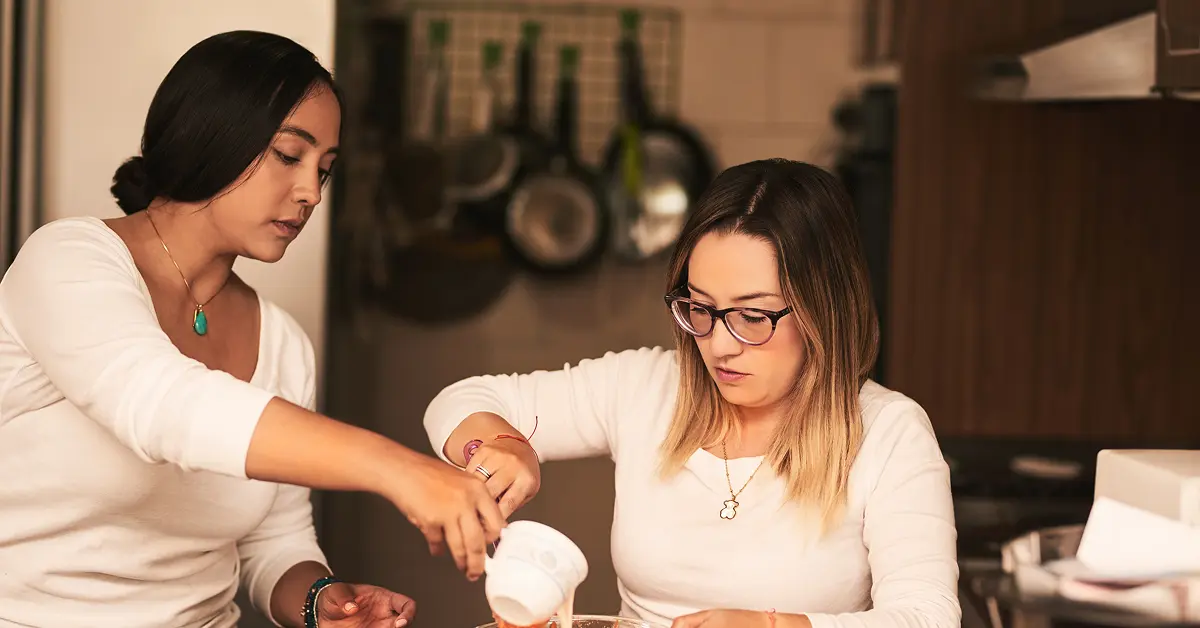When it comes to caring for a loved one at home—whether it’s an ageing parent, a bedridden family member, or someone recovering from surgery—choosing the right caregiver is a decision that can deeply impact the well-being of your family. In India, where family bonds are strong and elderly care is increasingly shifting towards home settings, it becomes crucial to find caregivers who are not only trained but also emotionally in sync with the values of empathy and respect.
Here are the top 5 caregiver qualities you should look for when hiring in-Best Caregiver Services at Home
Compassion and Empathy
Why It Matters:
At the heart of caregiving is compassion. This isn’t just about being kind—it’s about truly understanding and relating to the emotional and physical pain of the person being cared for. A compassionate caregiver connects with the patient on a human level, offering not just physical assistance but also emotional comfort.
What to Look For:
- Caregiver’s tone while speaking to the elderly
- Patience during difficult tasks like bathing or feeding
- Ability to listen without judgment
- Offering a warm presence in daily routines
Real-Life Indian Context:
In Indian households, elderly individuals often feel like a burden. A caregiver who treats them with respect and warmth can make a massive difference in their emotional state, boosting their overall health and cooperation in daily tasks.
Reliability and Punctuality
Why It Matters:
 When you hire a caregiver for home support, you need someone who shows up consistently and follows the care routine without reminders. Inconsistent care or delays can lead to skipped medications, missed meals, or even emotional distress for the dependent individual.
When you hire a caregiver for home support, you need someone who shows up consistently and follows the care routine without reminders. Inconsistent care or delays can lead to skipped medications, missed meals, or even emotional distress for the dependent individual.
What to Look For:
- Reference checks from previous employers
- Punctuality during interviews or trial days
- Strict adherence to caregiving schedules
- Taking responsibility without frequent excuses
Indian Perspective:
In metros like Mumbai, Bengaluru, or Delhi, where traffic and travel are unpredictable, a truly reliable caregiver plans ahead and ensures they're available on time, maintaining trust with the family.
Proper Training and Skills
Why It Matters:
Compassion without capability can be risky. A well-trained caregiver understands the physical and medical aspects of caregiving—like handling a wheelchair, managing medications, recognizing signs of a health emergency, or assisting with personal hygiene in a dignified manner.
What to Look For:
- Certification in caregiving or nursing assistance
- Experience with similar cases (e.g., dementia, stroke recovery)
- Ability to administer medications or manage feeding tubes if required
- Knowledge of basic first aid and hygiene protocols
In India:
While many families hire caregivers through agencies, not all caregivers are formally trained. Always ask for proof of training or conduct a trial session with supervision before fully handing over responsibilities.
Good Communication Skills
Why It Matters:
A caregiver needs to communicate effectively not just with the person they are looking after, but also with the family, doctors, and sometimes physiotherapists or dieticians. Clear communication ensures that health updates, medication issues, or emotional changes are reported without delay.
What to Look For:
- Fluency in your local language or Hindi/English
- Ability to write notes or fill daily logs
- Calm and clear explanations of issues or needs
- Comfort in discussing sensitive topics like personal hygiene
Cultural Tip:
In multilingual families across India, finding a caregiver who speaks the same language as the elderly person can make them feel more at ease, especially if the person has dementia or is partially hearing-impaired.
Adaptability and Patience
Why It Matters:
No two days are the same in caregiving. Some days your loved one might be irritable, or refuse food. Other days, emergencies can arise. A caregiver must be patient, flexible with changes in routine, and emotionally resilient.
What to Look For:
- Calm reaction in stressful situations
- Willingness to adjust timings or duties when required
- Not easily frustrated when things don’t go as planned
- Genuine interest in learning more about the person they care for
In Indian Homes:
Joint families or homes with frequent visitors can be overwhelming for some caregivers. Look for someone who can smoothly navigate social situations and still focus on caregiving without stress.
Bonus Tips for Hiring the Right Caregiver in India
- Interview Thoroughly: Ask scenario-based questions during the interview to understand how they respond under pressure.
- Check References: Speak to previous employers or families, especially if they are local.
- Trial Period: Begin with a few supervised days before committing long-term.
- Use Trusted Agencies: Prefer government-approved or reputed caregiving agencies that verify backgrounds and offer trained professionals.
- Build Relationship: Once hired, treat your caregiver with respect. A happy caregiver leads to better care for your loved one.
Conclusion
Finding the right caregiver is not just about ticking a box; it’s about entrusting your loved one's well-being to someone who combines skill with heart. In Indian households, where emotional care is just as important as physical support, these five qualities—compassion, reliability, training, communication, and adaptability—can help you select a caregiver who truly makes a difference.
With the increasing need for elderly and patient home care services in India, choosing a caregiver who embodies these qualities ensures your family member is safe, respected, and truly cared for in their own home.
Contents
Our 24*7 services
Latest Posts
- What Is Respite Care and Why Is It Important
- Affordable home care for senior citizens in India
- Caring for Seniors with Dementia or Alzheimer's at Home
- Senior Caregiving A Guide for Every Family
- How to Write a Caregiver Resume That Gets You Hired
- How Care After Hospital Discharge Speeds Up Recovery at Home
- How to Get Home Health Care for Seniors Through Medicare
- What Does a Senior Citizen Caregiver Really Do at Home
- How to Care for Elderly Parents with Alzheimer’s or Dementia
- How to Get 24-Hour Care for Seniors at Home



